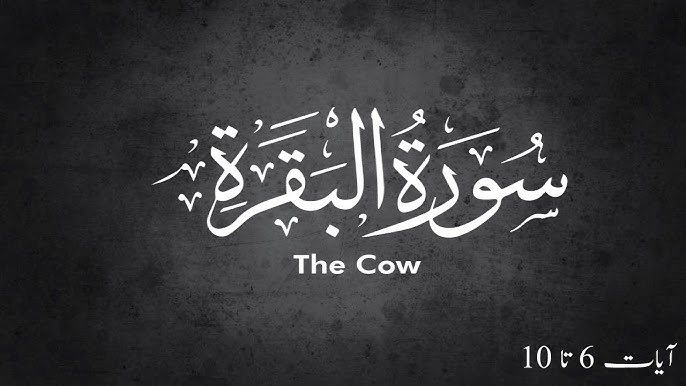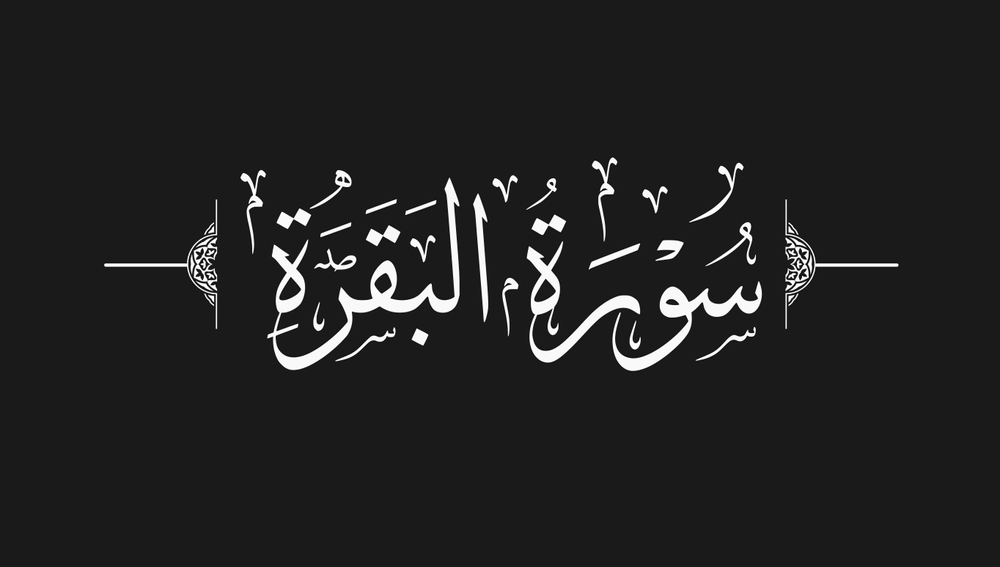The man is God’s best Creation. Best in every respect, both in form and in faculties. No other creature in the known species has the capability to think, plan, and act as man can. Even though every creature on earth has two fundamental facets to its existence— the act of existence and the purpose of it—man is unique in the latter. The act of existence or survival is common between us (humans) and all other creatures, where each one of us must struggle to perpetuate the act of existence. This struggle is twofold:
Firstly, survival. Every living creature, including man, must eat, drink, and breathe to continue living. In the absence of these essentials, the act of living comes to an end sooner or later. Secondly, reproduction in a manner determined by the Creator for each of His Creations. For example, some give birth to their offspring in living form, while others lay eggs and hatch them to reproduce.
Coming to the purpose. Here, we need to address the purpose of existence of all other creatures first and then look at that of man. But we must remember that in the world we inhabit, all living and non-living things—from a blade of grass to the sun, from every form in which life exists on land, in the air, and in the water to the boundless space—everything, yes, everything has a purpose. To those who may question this assertion, my answer is that if, for want of knowledge or understanding, we do not or cannot comprehend the purpose behind the existence of a certain creature, it certainly does not mean there is none.
For example, a mosquito has a definitive purpose. I urge those who may have doubts about this to Google “mosquitoes’ role in the ecosystem”; they will certainly get a satisfactory answer.
The difference in the manner other creatures fulfill their role or purpose, however, is rather stark. This difference is manifested in the way these living beings have been programmed to fulfill their purpose without even being aware of their role in the Creator’s scheme of things or making a conscious effort towards that end. Their mere existence is sufficient to serve their purpose.
Now let’s consider what exactly is that elusive purpose. The study of the phenomena of life on earth reveals to us in greatest detail the interdependence of all species in one form or another. Without going into the details about the role or purpose of individual species, an objective look at their collective purpose would be enough to effectively address the point I am about to make. It may sound just normal to those given to the study of nature, but it will certainly be a surprise, a complete surprise, to those not too much concerned with the study of life and its purpose that all forms of life exist with one singular but collective purpose: to make human existence possible on the planet.
To make complete sense of this conclusion, we must understand this: All living and non-living things, more commonly known as the elements of the ecosystem, which may include light, carbon, fire, air, soil, etc., from the abiotic category, and producers, consumers, and decomposers from the biotic category, all join hands and support each other directly or indirectly to constitute our ecosystem. It is common knowledge that in the absence of the ecosystem, human existence on this planet would be impossible.
To prove that we humans are not an essential component of the system but that the system is there for us, I draw your attention, dear reader, to a rather interesting explanation. To begin with, we must understand that the existence and role of every component and subcomponent of the ecosystem are absolutely essential to keep the system going with complete harmony and balance. If we were to remove one single component or subcomponent, we would certainly create an imbalance or disharmony in the system. Not only that, we have, in fact, seen for ourselves that even the excessive use of some of the components placed at our disposal does create that imbalance in this natural marvel called the ecosystem.
Take, for example, fossil fuels, the unchecked use of which has resulted in global warming and other related problems already threatening our existence on this planet. So, remove a component or subcomponent or use one indiscriminately, and you create an imbalance. But remove man, and lo and behold, you restore all the imbalance because man, who was given the privilege of using this rather perfect system, in an insatiable lust to make his life more convenient and colorful and not necessarily purposeful, has caused some permanent damage to this perfect system.
Moreover, the foregoing discussion helps us clearly establish that man is not a part of the system, nor is his presence critical for the system to remain functional. In other words, it’s not hard to conclude that man has not evolved here, nor does he belong to planet Earth. Instead, it is fair to assume that he is an alien here, brought to this planet for a reason and a purpose, and has then been provided with an environment that is not only suitable to support his existence but that provides him the means to achieve his purpose. These means, besides the friendly and supportive environment, also include his inborn faculties of intelligence, knowledge, and physical ability to do things his mind tells him to do.
As already explained in Chapter 1 and in the preceding paragraphs, if it is agreed that everything in this vast context around us must have and does have a purpose, how is it that man, who is undisputedly central to the whole system and superior to all other creatures, be without one? Man definitely has a purpose, and to arrive at that singular statement which explains to us that purpose in the clearest possible terms is the sole purpose of this discussion. Now, what exactly is that purpose?
Try this simple analogy from our routine modern life. A simple object of usage like a TV, a laptop, or a smartphone can serve as a good example. Why do we have these devices? Will it be fair to assume that those of us who invented these items or devices in the first place must have had, in their minds, a definite use for each one of these things when they embarked upon their respective inventions? For example, Marconi, the man who invented the first telephone, wanted us to communicate over long distances without physical contact. And those who have carried on his noble work had the same purpose in mind. When making this medium of communication, the phone, as convenient and easily accessible as possible, the question I wish you, dear reader, to ask here is this: Can someone, other than the man who originally conceived the idea of long-distance communication, define or determine the purpose of a telephone or, for that matter, a cell/smartphone? The answer is obvious. We can ask a similar question about everything man has fabricated (I refrained from using the term “created” because man has not created anything; he has used naturally available materials to make things). Exactly similarly, if man is someone’s Creation, it is the exclusive right of that someone to determine his (man’s) purpose.
The discussion from here on must proceed with the premise that, like the system we have at our service, we, the human race, have a Creator. It is only He, the Supernatural owner of all that exists, and none else, who has the right and the power to lay down or dictate what exactly is our purpose or what is required of us. But how can we know what that specific purpose is that He has created us for? Simple. As we turn to a user manual to know how to optimally use a cell phone, for example, exactly similarly, we turn to the user manual for us humans as it was sent down by the Creator. This manual is nothing else but the divine scriptures. And as the latest edition of a user manual is the most authentic for any product, so is the latest and most recent edition of the divine scriptures the most authentic and the most relevant.
From this originates a new but essentially relevant discussion, i.e., the origin and the authenticity of the scriptures. But before engaging in this debate, I intend to put before you, dear reader, a basic question. And that basic question is this: Does the overwhelming beauty, the mind-boggling complexity, and the perfect harmony that we see in the nature that surrounds us prove anything to us? If we can forget our biases and prejudices for a while and suppress the stubbornness we find so irresistible, I think we can easily arrive at a simple but perfect answer. The system, the nature, or the universe that we are part of is the handiwork of one single power. By implication, we have to agree that this Power, whom at least the believers refer to as God, is no mean power. He is an Omnipotent, Omnipresent God who has absolute knowledge and absolute power to conceive, design, and bring into existence anything and everything He may desire, besides putting in place physical laws to govern the existence and coexistence of all that He has created. If it were more than one power, we would certainly experience tussles, chaos, and disharmony in what is now a perfectly harmonious system (leaving aside, of course, the imbalances we humans have injected into it).
Before we proceed any further, we also need to settle one more issue, and this is the uniqueness of one of God’s best Creations, i.e., man. Leaving aside the colour of our skins and the languages we speak, there’s no difference whatsoever in the way we are born in different parts of our world, the way we struggle to survive, the way we die or cease to exist. The basics are absolutely the same: the physical structure, the physical needs (food, clothing, and shelter), physical and mental faculties are all the same. All the rest, including the differences we may have about various facets of our existence, are mere details. Now, shouldn’t we, the mankind, irrespective of our colour, creed, and nationality, have the same or a singular purpose for our lives? It is exactly like picking up any single element of the ecosystem and studying its role or its purpose. Fish, for example (and that includes all kinds of fish), have a specific role in the system. Now, will it be fair to assume that irrespective of what this role or purpose is, it will be the same throughout the world? Take the example of light. Does light have a different purpose in Asia than it has in Europe? The answer certainly would be no.
If we agree on this premise, it becomes evident that understanding our own purpose requires guidance from the Creator Himself. Just as a user manual provides instructions on how to use a device optimally, the Divine Scriptures serve as the ultimate guide for humanity, revealing our purpose and the path to achieving it.
In the vast expanse of human history, it is the institution of Prophethood stands as a beacon of divine guidance and it’s the Prophets, chosen by the Creator, who have been the conduits through which divine wisdom and guidance have been imparted to humanity. These messengers have played a pivotal role in linking the Creator with His Creation, delivering scriptures that illuminate the path of righteousness and truth.
Prophethood is a Divine institution established by the Creator to guide humanity. Prophets are chosen individuals who receive revelations from the Creator and convey them to the people. They serve as exemplars of virtue, guiding their communities through their teachings and actions. The messages they bring are not of their own making but are divine instructions meant to lead humanity towards spiritual and moral excellence.
Among the various Scriptures revealed to different Prophets, the Holy Qur’an, revealed to the Prophet Muhammad (peace be upon him), is the final and most authentic edition of Divine Guidance. It is a comprehensive Scripture that addresses all aspects of human life, providing guidance on spiritual, moral, social, and legal matters. The Qur’an is unique in its preservation, remaining unchanged since its revelation over 1400 years ago. It is considered the ultimate source of guidance for entire humanity, encapsulating the essence of all previous scriptures.
Our blog, “The Qur’an Chronicles,” aims to delve into the meaning and spirit of the Qur’an, one verse, a group of verses, or a subject at a time. With its 6666 verses, the Qur’an offers a wealth of knowledge and guidance. We intend to explore these verses meticulously, uncovering the profound wisdom they contain and how they apply to our lives today.
Dear readers, as we embark on this journey through the Qur’an, we invite you to join us in exploring its timeless wisdom. Our approach will be thoughtful and reflective, aiming to uncover the deeper meanings and lessons within each verse. Together, we will traverse the vast landscape of the Qur’an, seeking to understand its guidance and apply it to our lives. Let us embark on this journey with open hearts and minds, ready to embrace the divine wisdom that the Qur’an offers.





